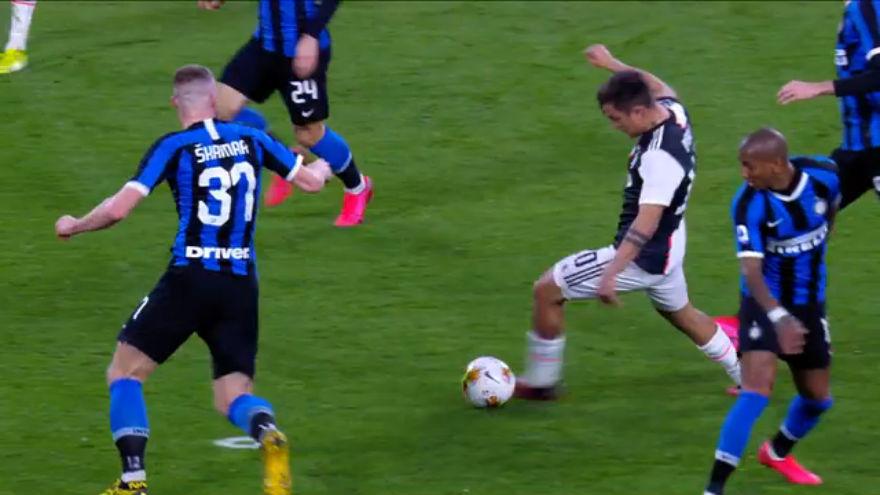What I learned from the Coppa Italia final Atalanta-Juventus.
Pretension - Juventus has finally demanded of itself to play with the attitude that has been its own in past years of a winning and tough team. Until now, this was expected to happen but it hadn’t, except in a few rare matches. The self-esteem of a group depends on the level of success achieved, in turn this depends on how much a team expects from itself. The demands must be matched by behaviors on the pitch. When this does not happen, the behaviors are insufficient, the expectations become limited or unrealistic as in the case of Juve where it was expected to win, without showing the appropriate behaviors. The effect over time, is evident in few successes and a reduction in collective self-esteem. Yesterday’s Juve welded together the expectation and “who does what at the right time”. This union determines the standard of play of the team.
Habit - Atalanta plays very well and this is decisive in the league because they play against many lower level teams and the result of the single match is not decisive for the final result. In the cups instead, the single matches are decisive and the defeat determines the elimination. Matches like these require a different mental approach compared to those in the league, as the opponents are often at least of the same level and winning these matches is a must if you want to move forward. It’s not enough to be good, you also need to acquire the habit of playing these matches, and in any case quickly develop the attitude of someone who plays to win. There is no advantage in playing well if you lose, the emphasis must be on playing with intensity and concentration. The phrase that best illustrates this concept was expressed by Alex Ferguson when he said that he could not wait for the 75th minute to arrive, because he knew that his team would certainly score at least one goal or when talking about the quarter of an hour of the Grande Torino, when Valentino Mazzola pulled up the sleeves of the shirt. in my opinion Atalanta must acquire this habit.






